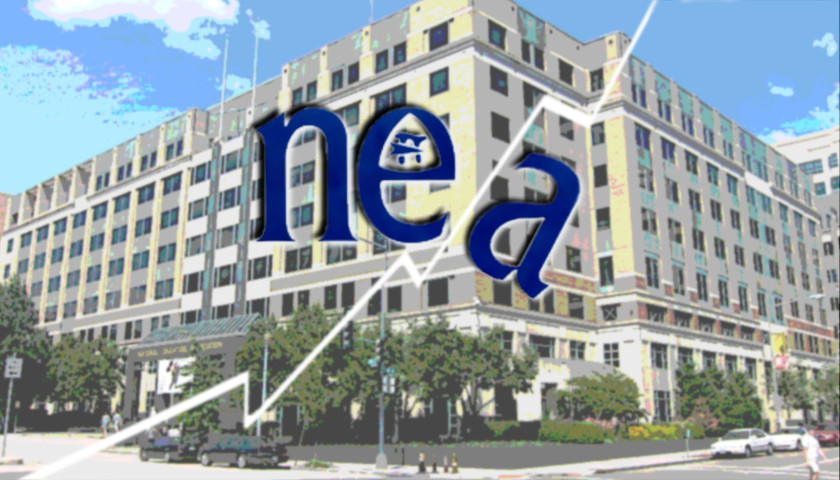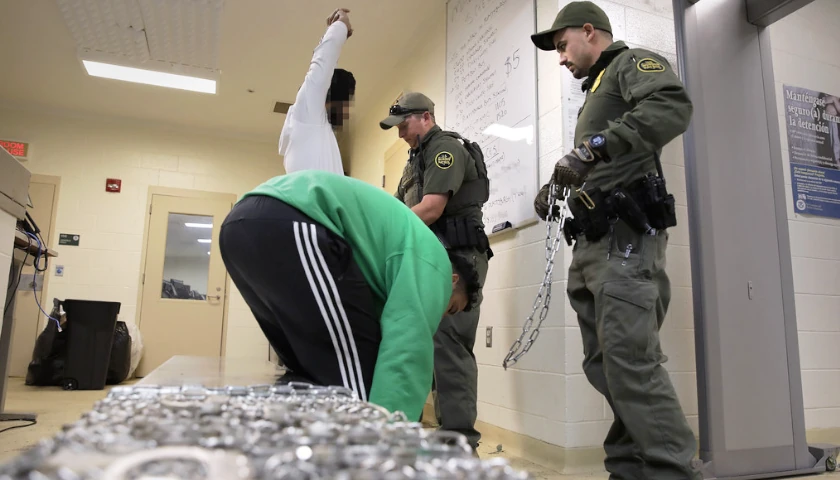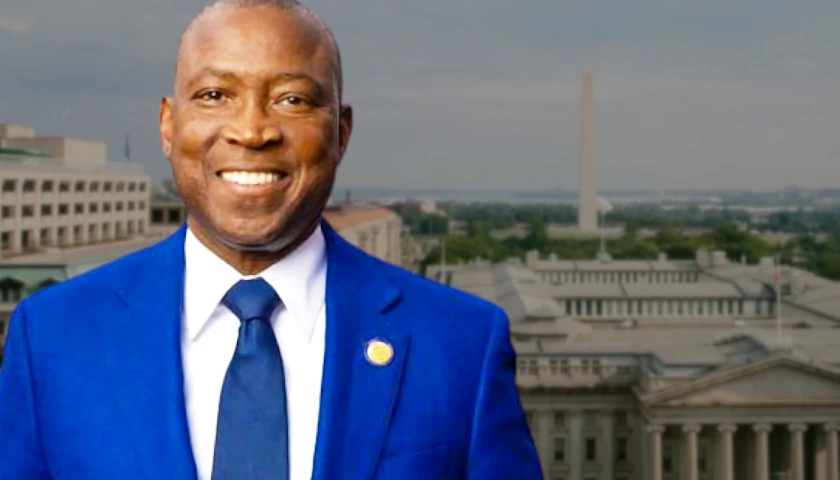Marta Aldrich, a bureau chief for Chalkbeat Tennessee which is an online education news organization, wrote in a recent article that the Tennessee Education Association is not a union. In fact, the National Education Association (NEA) is America’s biggest labor union. Reporters like Ms. Aldrich are well-intentioned, but misinformed. The union embraces its union moniker in Washington DC, but denies it in Nashville, Tennessee. Interesting.
For a brief history, until the early 1970s, educators could join an NEA affiliate without joining the national association. Rather than remain independent, the Tennessee Education Association fell in line with the NEA’s unification policy. That means all members would be forced to pay dues to the national association. Ergo, if you are a member of a local association, you must be a member of the state organization, and subsequently a member of the national organization—that makes all members union members. Recently, the Memphis-Shelby County Association had a nasty falling out with the Tennessee Education Association (which is documented in this YouTube Video). However, they too remain an NEA affiliate. Semantics aside, all National Education Association members are part of a labor union, and that is not in dispute. Thus, all NEA members are union members.
The stated goal of some on the left is to consolidate each labor union industry by industry until they end up with one big union in every sector. It is inevitable that the NEA eventually merges with the American Federation of Teachers (AFT), their more combative, but ideological sibling. Five states: North Dakota, Florida, Minnesota, Montana, and New York have already merged their unions, as have a few local associations. The NEA and the AFT are working closer together than they have ever worked before. To their credit, the American Federation of Teachers, an affiliate of the AFL-CIO has never shied away from their union label.
Many public education teachers did not want to be part of a national union and opposed the NEA unification policy, which they felt violated their freedom of choice. More importantly, it went against their strong belief in local control of public education. Because of the growing dismay among teachers and administrators that NEA was becoming an all-out labor union, many states formed independent education associations. It is one of the fastest growing segments among education professionals. Groups like Professional Educators of Tennessee, Professional Association of Georgia Educators, Association of Texas Professional Educators, Mississippi Professional Educators and Associated Professional Educators of Louisiana formed as a result. The Missouri State Teachers Association, which helped found the National Education Association in 1857 and is older than the national union and opted to become an independent group, rather than become a labor union.
There are many other completely, independent non-union organizations now in America that represents public school educators, giving them a clear, non-union voice. This means they do not spend a large portion of their lobbying efforts and their political funds focusing on bills and causes that fall outside the scope of education. Union effort and resources on the federal level have done nothing to change national education agendas. In fact, we often see support for a strong federal education agenda filled with unfunded mandates by national teacher unions. At the state level, most independent organizations neither support political candidates nor use their members’ dues for political contributions. It is why the local groups are classified as associations. Labor unions on the other hand are very active with political donations.
According to USA Today, Super Political Action Committees raised more than $1 billion in their efforts to influence the 2016 elections, according to the reports filed with the Federal Election Commission as of Sept. 20, 2016. The National Education Association was the 8th largest donor donating over $14 million. George Soros gave over $17 million. Charles Koch, of the often-maligned Koch brothers gave a paltry $6 million in comparison. Of the money that went to politicians directly, 93 percent went to Democrats.
Mike Antonucci of the Education Intelligence Agency, which conducts public education research, analysis and investigative reports:
Direct contributions to candidates from unions must be voluntarily contributed by willing members, but independent political expenditures — the $14 million-plus to Super PACs — come out of NEA’s general fund, a stockpile of members’ dues that the union can spend without consulting the members. Ultimately, nine members of the union’s executive committee — elected by delegates to handle day-to-day affairs — decide how much of the fund goes to the Super PAC and how it is spent.
In America, there is a divergence of opinion on all political subjects. No one-size-fits-all approach works for everyone. People should be free become a member of any organization, association or union of which they want to join. There are some teachers who belong in a union, because they like the agenda of a national labor union. However, many teachers want to belong to an association that supports local control of education, in theory and in practice. They do not want their dues money being used to support candidates, political parties, or for non-educational issues. Jack Jennings, a longtime lead staffer for Democrats in the U.S. House of Representatives’ education committee and then the founder of the nonpartisan Center on Education Policy has written against the unions’ practice of endorsing candidates, said it “politicizes the process.”
The recent Supreme Court victory in Janus v. AFSCME created newly-won “Janus Rights” which provide right to work protections for all government employees. Additionally, every government employee must request union membership (opt-in) rather being forced by unions to annually opt-out of union membership. Reporters should carefully look at this ruling and how it applies to government workers and unions. Yes, Ms. Aldrich, the members of the National Education Association here in Tennessee are in fact union members. The Tennessee Education Association should just embrace the label and move on.
– – –
JC Bowman is the Executive Director of Professional Educators of Tennessee, a non-partisan teacher association headquartered in Nashville, Tennessee. Permission to reprint in whole or in part is hereby granted, provided that the author and the association are properly cited. For more information on this subject or any education issue please contact Professional Educators of Tennessee.




